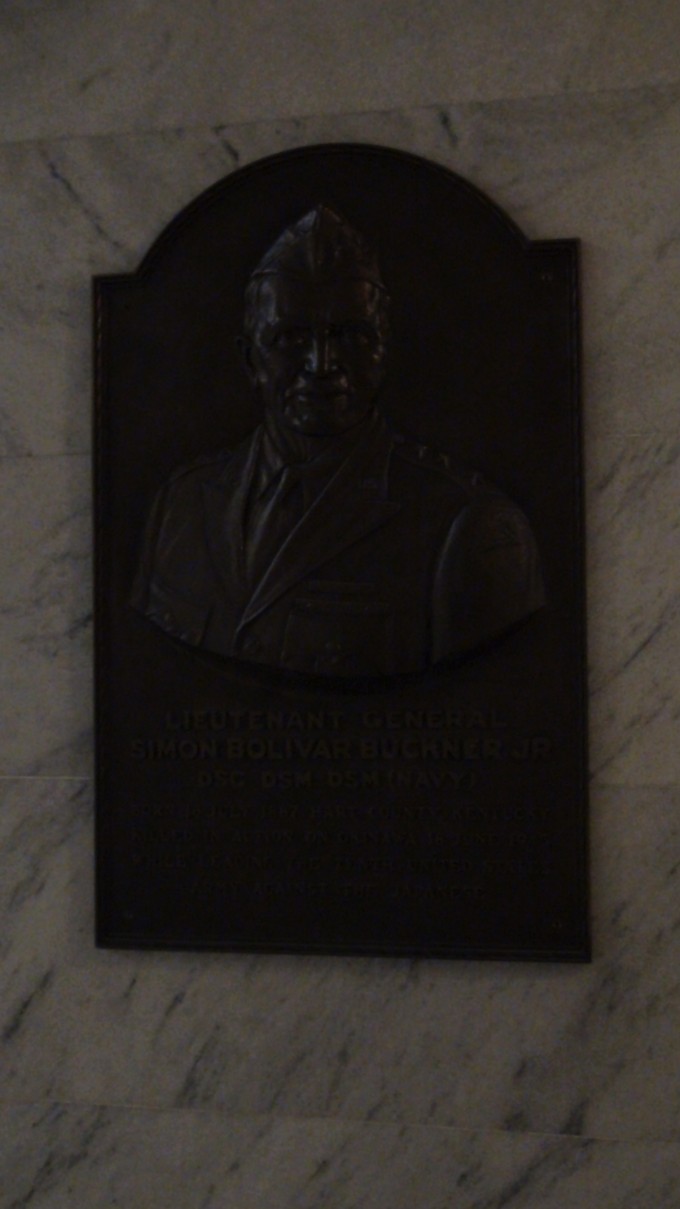
Friday, 26 February 2016
…to whom we did not yield submission even for an hour, that the truth of the gospel might continue with you. Galatians 2:5
“To whom” is speaking of the false brethren of the previous verse. It was to these miscreants that Paul says, “…we did not yield submission.” They had come in and tried to pervert the gospel of grace which says that there is no thing that man can do in order to be pleasing to God except exercise faith in what He has already done through Christ. They had tried to introduce a system of works for righteousness, but Paul and Barnabas refused to submit “even for an hour.”
This term, “even for an hour” is his way of saying that they simply didn’t budge. They rejected outright their false gospel and refused to even listen to what they proposed. It was a dilution of the truth, and any dilution means it is not the truth; it has become a perversion of it. Their stubborn refusal was so “that the truth of the gospel might continue with you.” According to Charles Ellicott, “The words used in the Greek are expressive of undiminished continuance: ‘Might reach to you and persist among you in its full extent.'”
In other words, they were to see the truth, take it in, and continue to act on it forever. As this letter to the Galatians has become a part of the Bible, the words of Paul continue to speak to all nations and at all times. It is God’s Word which says that we are not to add in any demand as if a requirement to be pleasing to God. We are not to be intimidated into being circumcised, observing a Sabbath day, holding a feast of the Lord observance, or giving up on eating some non-kosher food.
We may do any of these things in our freedom, but if we do them in an attempt to be pleasing to God, then we have fallen from grace. We are under no such restrictions and to proclaim otherwise is to be considered heresy and worthy of condemnation.
Life application: Again and again, Paul shows his adamancy concerning the purity of the gospel of grace. To proclaim anything else is a heresy. Don’t be a heretic; be freed from such things and be willing to proclaim, “What Christ Jesus did for me is sufficient! And it is sufficient for you too!”
Lord God, thank You for the hope found in Jesus. What would life be like without a victory over the grave? Our only hope would be “Let us eat and drink, for tomorrow we die!” May the praises of Your people resound forever and ever because of the wonderful things You have done for us through Jesus our Lord! Amen.




